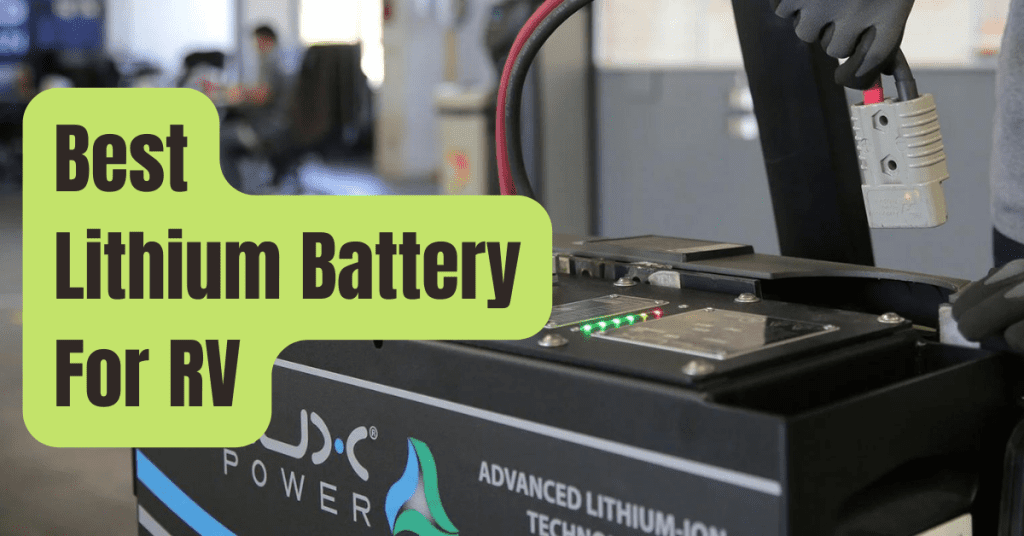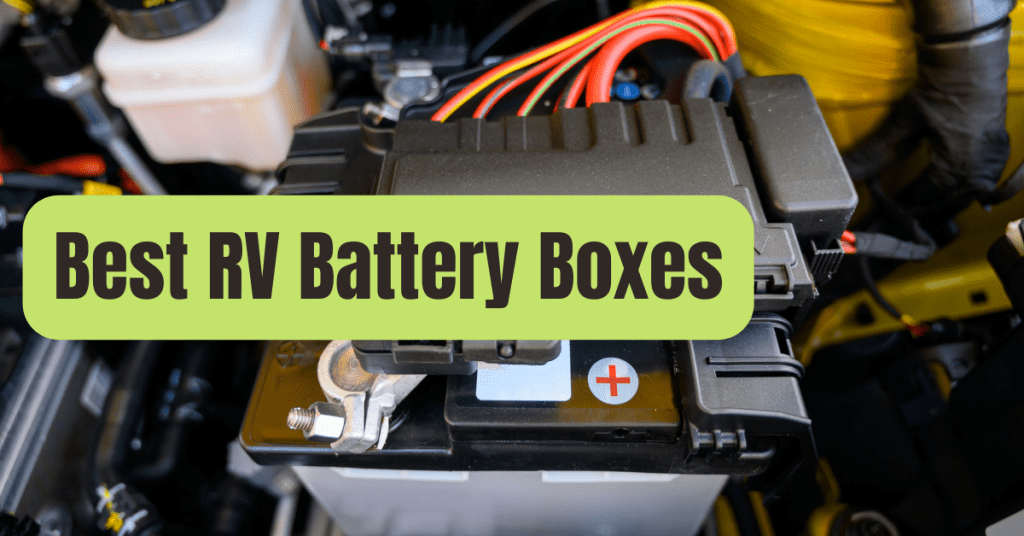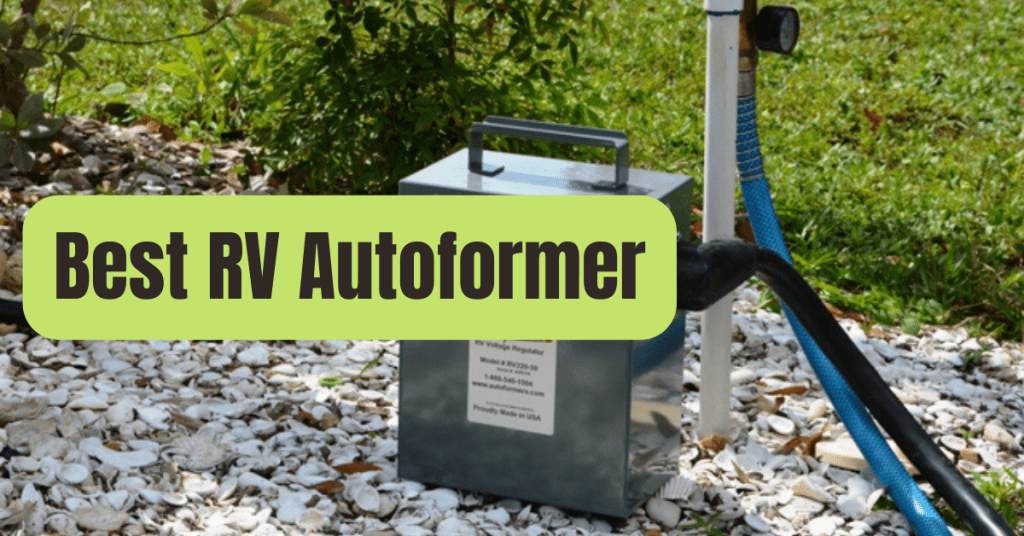Many RV owners were surprised to learn that Roadhawk Predator batteries were used to power their recreational vehicles.
Anyone who has ever attempted to learn more about their Roadhawk Predator batteries is probably more perplexed now than they were before.
There’s a fair probability that your RV has a Roadhawk Predator battery or has had one changed if you’ve ever taken it in for servicing due to battery problems.
Why is there so little information accessible to RV buyers regarding this mysterious RV battery? What is it? All batteries need to be maintained properly, therefore we performed some research to find out what you need to know about it.
A Roadhawk Predator Uses What Kind Of Battery?
An AGM Deep Cycle battery is known as a Roadhawk Predator.
Lead-acid deep cycle batteries with the absorption of the electrolyte in a fiberglass mat are known as AGM batteries, which stands for absorbent glass mat.
Unlike ordinary automobile batteries, which are engineered to provide short, quick bursts of power to start the engine, these batteries include larger plates and a denser substance to support multiple charge cycles.
We advise choosing an AGM battery like this one from WEIZE if you’re wanting to replace your existing RV battery.
These batteries also use AGM technology, which keeps everything sealed and is housed in a container that is difficult to tamper with.
This battery is a good choice for an RV since it can tolerate extreme cold and heat.

#1. Roadhawk Predator Upkeep
These batteries are fantastic since they need very little maintenance while yet having a lengthy lifespan.
The owner of the RV may take certain steps to prolong the battery’s life and enhance its performance over time, however.
Your Roadhawk Predator may survive longer than anticipated if you know how to take good care of it.
#2. Storing An RV Battery For A Roadhawk Predator
It’s crucial to keep the battery charged if you store your RV for the winter (or any other season).
You may need to schedule some time to recharge the battery at some point, depending on how long it has been in storage.
A prolonged amount of time without charging the battery might result in asphyxia.
A Roadhawk Predator RV battery should never be smothered while it is being stored.
Keep your RV batteries dry and cold at all times.
#3. Avoid Sulfation
When the sulfuric acid interacts in the battery, lead sulfate may be produced.
In the negative plate, this is more likely to take place.
Sulfation may impact the battery’s ability to keep a charge when it does happen.
To avoid this, ensure sure your battery is completely charged before going into storage and always use the recommended charger that came with it.
#4. Do Not Overcharge
We warn against storing batteries that aren’t charged, but overcharging batteries also poses a danger.
The longevity of the battery might be shortened if you let your Roadhawk Predator overcharge.
The recommended voltage for charging the battery should be specified in the manufacturer’s instructions to increase battery life.
#5. Choose the Right Charger
The only charger you ought to use to charge your Roadhawrk Predator RV battery is the one that came with it.
This charger is designed to provide your battery with the appropriate level of voltage.
The battery might be overcharged or undercharged if you use a different brand of charger.
What Makes the Roadhawk Predator RV Battery Special?
You need a dependable battery in your RV when you go cross-country by car.
Your trip might be ruined by battery problems.
AGM batteries like the Roadhawk Predator are a fantastic option for an RV.
AGM batteries are among the most recommended options for RV owners because:
- They need almost little upkeep.
- Whole seal
- Avoid letting the user come into touch with the battery’s acid.
RV owners won’t ever have to stress about sanitizing the interior plates or topping out the electrolyte with purified water since these batteries almost never need maintenance.
Another benefit of them is that during charging, they don’t need any specific ventilation in the battery compartment.
They don’t leak gas when charging, which is why.
The terminals and cables benefit from the absence of gas emissions as well.
Because the battery wires won’t corrode as a result, the user won’t need to bother about cleaning the interior.
They won’t leak any battery acid if they tip over, though.
Users should use the more safer Roadhawk Predator RV batteries.
Does A Roadhawk Predator Rv Battery’s Ability To Hold A Charge Change With Proper Maintenance?
A Roadhawk Predator RV battery’s longevity may be increased by how it is stored during its months off the road.
These batteries typically have a lifespan of six to seven years, although some have been found to live much longer when properly kept throughout the winter.
Roadhawk Predators charge far faster than other RV battery types.
This is so that they can withstand greater voltage.
Compared to other kinds of RV batteries, they also discharge energy considerably more gradually.
When not in use, they may spend weeks or even months without requiring a charge.
Many RV owners have had issues getting their travel trailer’s original battery to maintain a charge.
Because Roadhawk Predator batteries can keep a charge and live longer than anticipated, they were used to replace the damaged battery when they took the RV in to be repaired.
Final Remarks
For your RV, the Roadhawk Predator batteries are a fantastic option.
As one of the greatest battery kinds for an RV, they are Deep Cycle AGM batteries.
The advantage of these batteries is that they need practically minimal maintenance and have a long lifespan.
You won’t need to worry when driving if you have these batteries.
However, you must be cautious about how much battery life is left when you put it in storage for the season.
Make careful to charge the battery in advance if it is practically empty.
Although these batteries may remain in storage for many months without having to be recharged, you should check on them if they are kept for a longer period of time than you intended.










